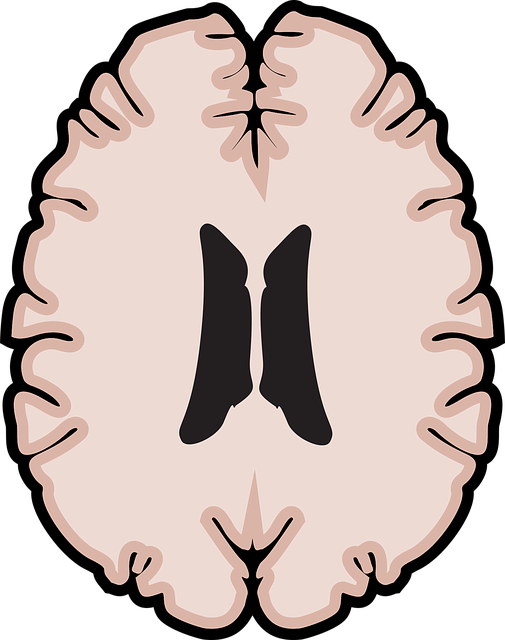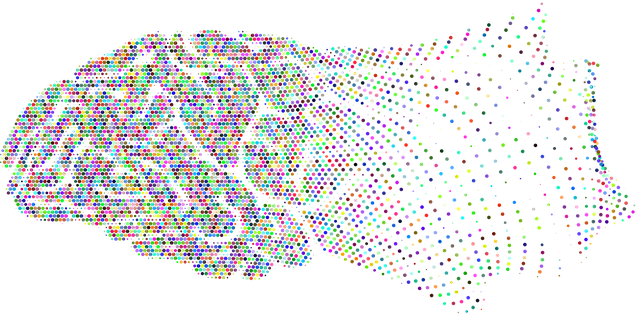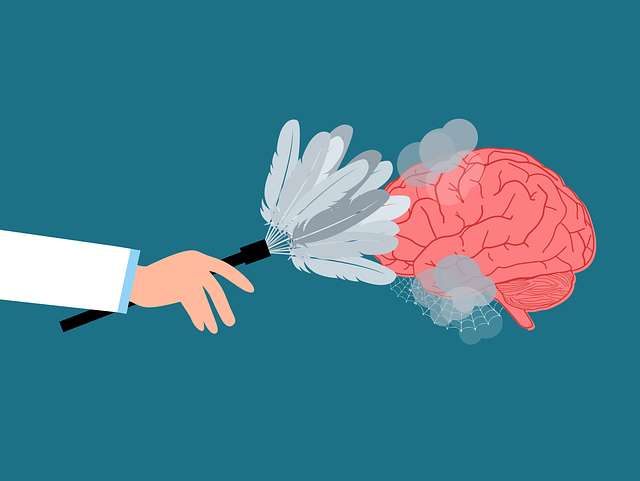Cultural competency in healthcare is vital for addressing sensitive issues like therapy for young children exposed to domestic violence, as it fosters trust and open communication. By integrating emotional intelligence, tailored mental health programs, and stress management techniques, healthcare professionals create safe spaces that enhance patient outcomes. Training therapists to recognize diverse backgrounds and adapt therapeutic techniques ensures effective care for all young clients, particularly those from challenging circumstances. Effective cultural competency training has proven to improve access to essential services and support for both rural immigrant families and urban domestic violence survivors.
Healthcare provider cultural competency training is essential in addressing the complex challenges posed by domestic violence, which significantly impacts young children. This article explores strategies and successful case studies focused on enhancing pediatric therapy through cultural sensitivity. Understanding cultural competency fosters positive interactions, ensuring healthcare providers are equipped to support vulnerable children affected by domestic violence. By integrating cultural sensitivity into therapy settings, we can provide more effective care tailored to diverse backgrounds, ultimately promoting healing and well-being for all young clients.
- Understanding Cultural Competency in Healthcare: A Foundation for Positive Interactions
- The Impact of Domestic Violence on Young Children and the Role of Healthcare Providers
- Strategies for Integrating Cultural Sensitivity in Pediatric Therapy Settings
- Case Studies: Successful Implementation of Cultural Competency Training Programs
Understanding Cultural Competency in Healthcare: A Foundation for Positive Interactions

Cultural competency in healthcare is a fundamental concept that involves understanding and respecting diverse cultural beliefs, values, and practices within various communities. It serves as a cornerstone for building positive relationships between healthcare providers and patients from different backgrounds. When healthcare professionals are culturally competent, they can offer more personalized and effective care, ensuring that every individual receives treatment tailored to their unique needs and perspectives.
This is especially crucial when addressing sensitive topics like therapy for young children and domestic violence. Healthcare providers with cultural sensitivity can create a safe and supportive environment, fostering trust and open communication. By incorporating elements of emotional intelligence and mental health education programs design, professionals can enhance their ability to connect with patients from diverse cultures. This approach not only improves patient outcomes but also contributes to more positive interactions and better overall well-being.
The Impact of Domestic Violence on Young Children and the Role of Healthcare Providers

Domestic violence has a profound impact on young children, leaving them vulnerable to long-lasting psychological trauma. Children exposed to violent environments often struggle with emotional regulation, social interactions, and academic performance. Healthcare providers play a pivotal role in identifying and addressing these issues. They are the first line of defense, equipped not only with medical knowledge but also with the ability to provide therapy for young children affected by domestic violence. Through sensitive interactions, providers can offer much-needed support, ensuring children receive the care they deserve.
By incorporating stress management techniques into their practice, healthcare providers can further assist these young patients. Teaching them mindfulness and confidence-boosting strategies not only helps in managing symptoms of trauma but also acts as a prevention measure against potential burnout for both the provider and the child. This holistic approach ensures that children receive comprehensive care, fostering their emotional well-being alongside their physical health.
Strategies for Integrating Cultural Sensitivity in Pediatric Therapy Settings

Integrating cultural sensitivity into pediatric therapy settings requires a multifaceted approach. Therapists should be trained to recognize and appreciate the diverse backgrounds, beliefs, and experiences of young children they work with. This involves learning about different cultural practices, traditions, and family structures to avoid assumptions and biases. Creating culturally responsive environments means adapting therapeutic techniques to respect and include families’ values and preferences, ensuring that therapy feels safe and welcoming.
Addressing issues like domestic violence within these settings requires special consideration. Therapists must be equipped with strategies to identify signs of trauma or abuse in children from diverse cultural backgrounds. Incorporating self-care practices and positive thinking can help prevent burnout among therapists, enabling them to maintain resilience and provide consistent support. By fostering an atmosphere of understanding and empathy, therapy sessions can effectively address not only the physical needs but also the emotional and psychological well-being of young clients, especially those who have experienced challenging life circumstances such as domestic violence.
Case Studies: Successful Implementation of Cultural Competency Training Programs

Successful implementation of cultural competency training programs has shown significant benefits across various healthcare settings. For instance, a case study in a rural community highlighted how such training empowered local healthcare providers to better address the unique needs of immigrant families. By learning effective communication strategies and cultural nuances, these providers were able to improve access to essential services like therapy for young children from diverse backgrounds. Similarly, urban initiatives focusing on domestic violence survivors have demonstrated the power of cultural competency. Healthcare workers equipped with crisis intervention guidance and trauma support services can offer more tailored assistance, enhancing coping skills development for those facing profound challenges.
Healthcare provider cultural competency training is not just a desirable practice, but an essential tool for fostering positive interactions and supportive environments, especially in pediatric therapy settings. By understanding cultural nuances and the impact of issues like domestic violence on young children, providers can offer more effective care. Integrating cultural sensitivity strategies into their work ensures that every child receives treatment with empathy and respect, regardless of their background or experiences. The case studies presented highlight successful training programs, demonstrating that with the right approach, healthcare providers can make a profound difference in the lives of vulnerable young people affected by domestic violence.














